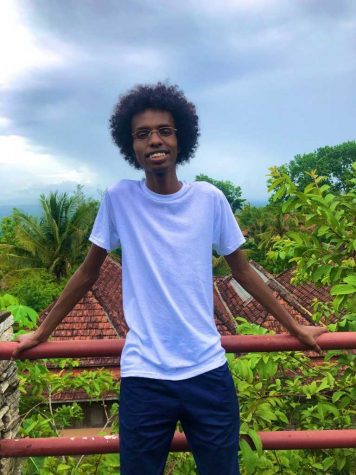
On Monday, March 1, fourth-year University of Minnesota student Musab Hussein and his brother Lukman Hussein went to the Hanson Hall computer lab to rent a computer and print notes for his midterm that night. Instead, they were yelled at by a Carlson School of Management staff member, and Musab Hussein was denied the resource he needed.
A staff member working at the computer lab that night immediately seemed apprehensive, Musab Hussein said. Musab Hussein previously had a job in that computer lab and recognized the employee, but said the worker disputed recognizing him.
The worker denied Musab Hussein a laptop rental, even though Musab Hussein is a student and used his U Card to prove authentication.
“‘How can I trust you? You’re not a Carlson student’,” Musab Hussein said the worker responded to him.
When two started arguing, Lukman Hussein said he began filming to have proof. He recorded the employee calling for security, giving the brothers the middle finger and locking them out of the computer lab with Musab Hussein’s midterm notes still inside.
This was when I become uncomfortable and started recording to assure to everyone how I was being treated. I left Hanson Hall and went to my car thinking that everything will be resolved but nah. pic.twitter.com/cQryXU28ZF
— M (@Nomorewlh) March 2, 2021
“I’m hyperventilating, I’m pissed off. So, me and my brother went to our car,” Musab Hussein said. “Then in two minutes, we see two cop cars.”
Musab Hussein added he was upset that the Carlson employee called the cops. He said he had to control his anxiety to have a calm conversation with them.
“They confirmed that I was a student and stuff, and then the cop became comfortable with us,” he said.
Despite a non-confrontational ending with the police, Musab Hussein said he felt anxious about the interaction and made sure to record the police interaction.
Lukman Hussein said he was shocked by the discrimination they both faced.
“My brother tells me about a lot of racism that he experiences, but it’s different actually experiencing it,” he said.
Carlson’s computer lab resources are crucial to his academic success, Musab Hussein said. Before the COVID-19 pandemic, he would do school work in the labs until they closed. He told his adviser about the incident, who then rented him a laptop so he could take his midterm that was due the same night.
Without his notes and his anxiety starting to return, Musab Hussein said he took the midterm and then sat on his bed hoping the situation would not affect his ability to pass the class.
“This situation is messed up. The fact that low-income students basically have to fight for resources,” he said.
Musab Hussein said he experiences imposter syndrome in Carlson, which can cause a person — usually high achievers — to doubt their own abilities or feel like a fraud.
“I’m a senior and I’ve never really felt like I belong, except when I go to the student groups,” he said.
These experiences of discrimination are not new to Carlson, according to Jael Kerandi, the former Minnesota Student Association President and Carlson Diversity, Equity and Inclusion Committee member.
“If you’re asking for the interaction that students have had, I think that culture is sometimes indescribable because it’s a feeling,” she said. “There’s a certain culture that has been perpetuated, there’s a certain way in which people operate, there’s a certain space in which you don’t feel welcome. This is constant at the Carlson School.”
About 18.2% of Carlson students are people of color. Black students make up even less of the Carlson student body, about 3%.
Carlson Dean Sri Zaheer sent an email to Carlson students two days after Musab Hussein interacted with Norman, saying the matter was “being investigated.” There have been no updates on the investigation since the email was sent out, and Musab Hussein said he has not had any direct conversations with the school.
Kerandi said Black students at Carlson have to support one another, as opposed to relying on the administration to provide help.
“Sometimes what gets lost is how much the Black community at Carlson supports the Black community at Carlson,” she said. “I think that there’s been more damage caused to this community than there has been healing. Specifically with our Black students.”
Student groups, such as the Carlson Business Board, and individual students have reached out to Musab Hussein to show support and allyship. The Business Board expressed their disapproval of the incident to Carlson via email asking that the administration investigate “thoroughly without bias from an external review.” If Norman does not receive consequences for the incident, the board stated that “this directly communicates the lack of care and appreciation” for Black students.
“As fellow Black peers within the Carlson community, we are appalled. We are disheartened, disappointed, dispirited, yet not surprised,” the letter stated. “Black and African-American students in Carlson routinely face racism and discrimination in various forms.”
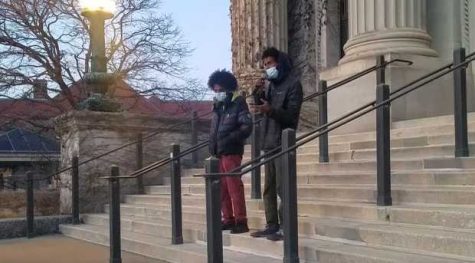
Zaheer’s email states that the Dean’s Diversity, Equity, and Inclusion Committee (DEIC) is “working to enhance our efforts and make meaningful progress.”
“It was such a troubling and upsetting event,” co-chair of the DEIC Pervin Shroff said. “We need to show the students that we are behind them, and we have committed to do better for them.”
DEIC co-chair Nora Anderson said the committee developed five pillars last summer to advise the dean on creating a more inclusive culture at Carlson; student experience, faculty and staff cultural competency, admissions and student recruitment, hiring practices and business community partnerships.
“In the aftermath of the incident on March 1, we’re continuing that work around all five pillars because it’s immensely important and these efforts have to be ongoing,” Anderson said. “That being said, what we heard loud and clear from the students and from members of our committee was that piece around Carlson culture and we need to do better.”
The DEIC has organized workshops for faculty and staff at the end of March to focus on recognizing and responding to bias and combating microaggressions. In addition, the committee hosts listening sessions over Zoom, where students are encouraged to share concerns and advise the committee on what issues to prioritize, such as improving the reporting processes for students.
Going forward, Musab Hussein and Lukman Hussein said they want Carlson administrators to take responsibility and make policy adjustments to implement consequences for staff misconduct.
Musab Hussein said he wants to see Carlson make changes with the same energy and commitment to diversity that they present on their social media platforms.
“They can also take this incident as a learning experience,” Lukman Hussein said. “There’s a lot of minority students that shared my brother’s same experience that they had. I was just so shocked.”


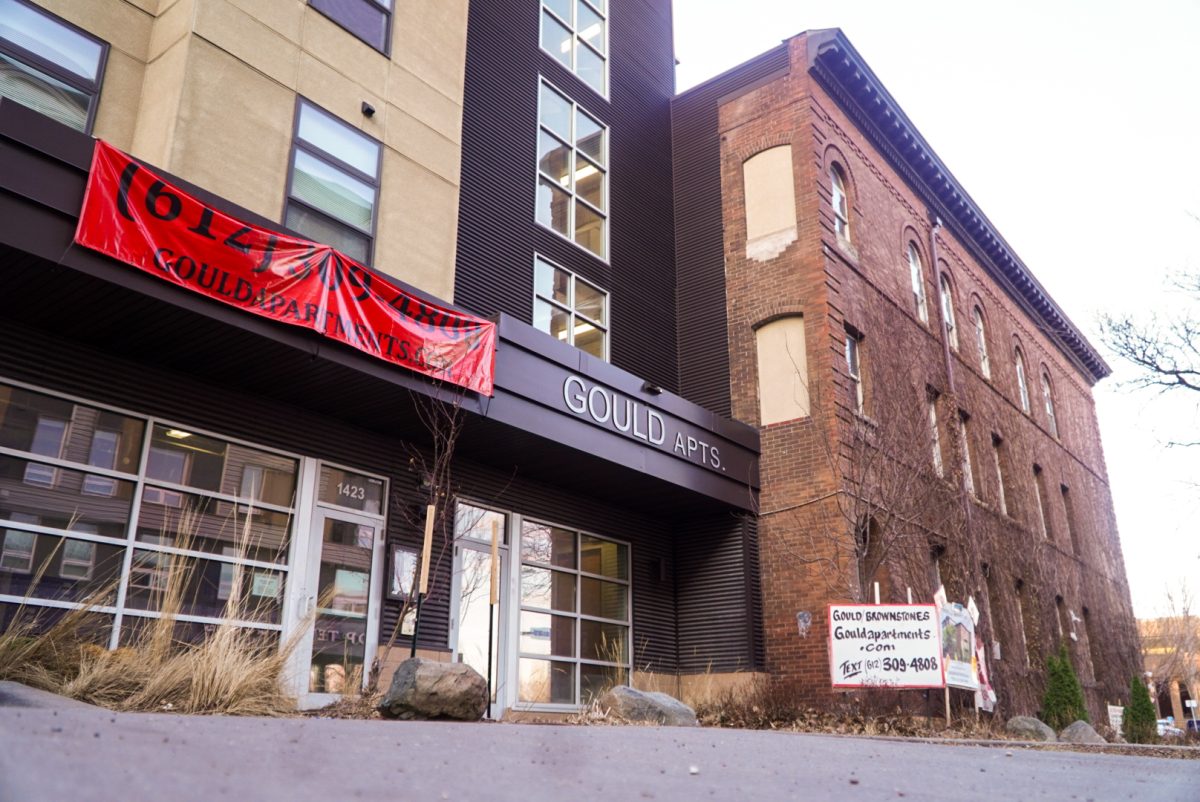
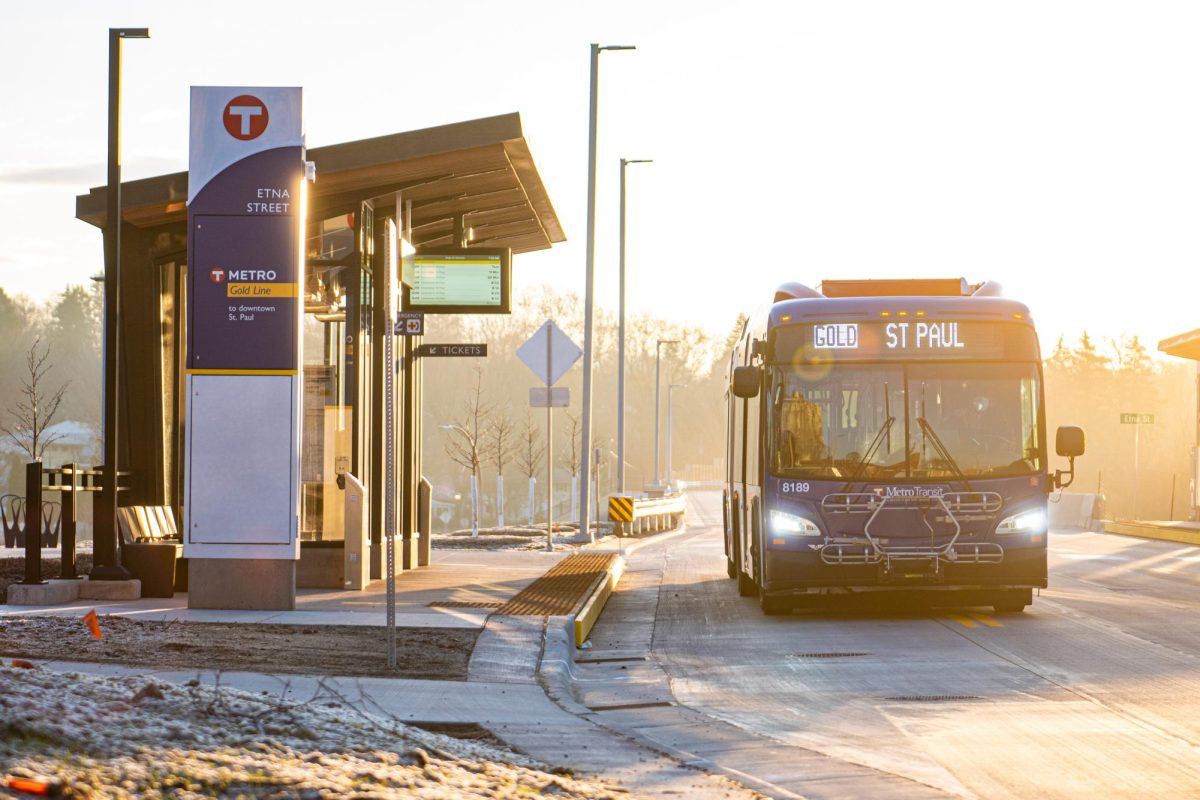


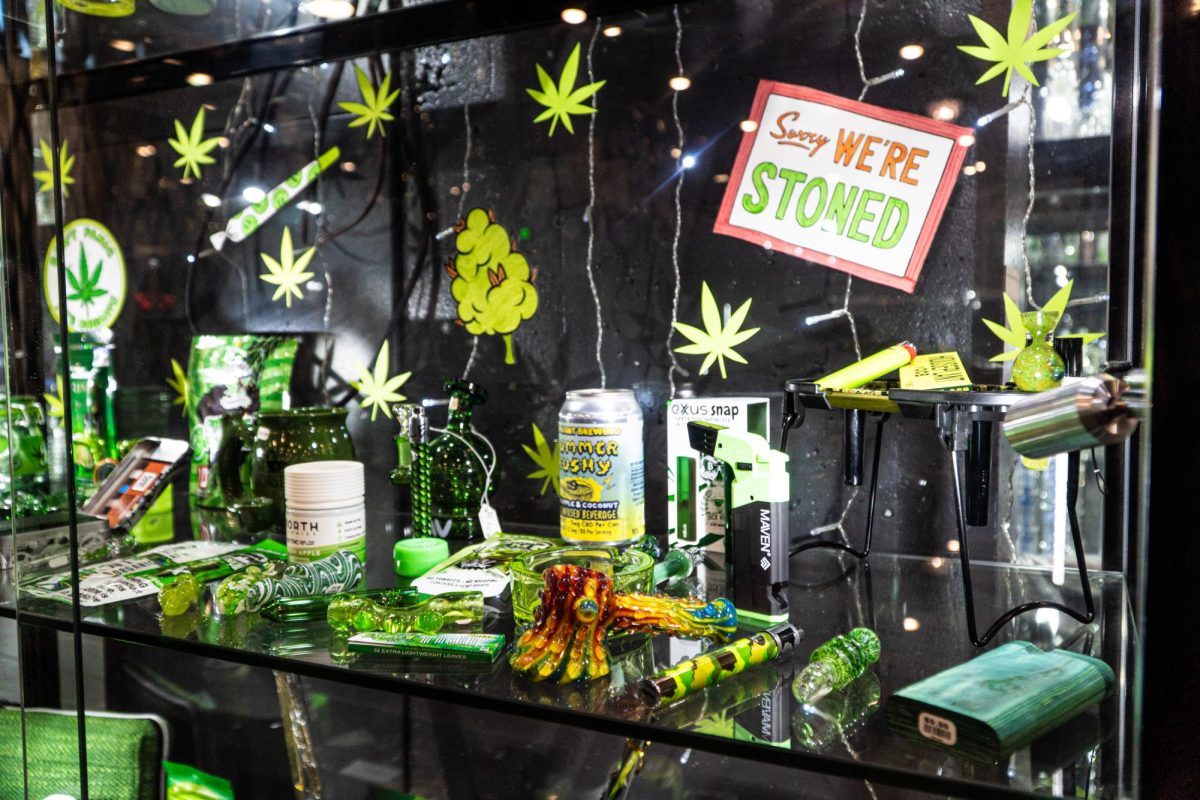






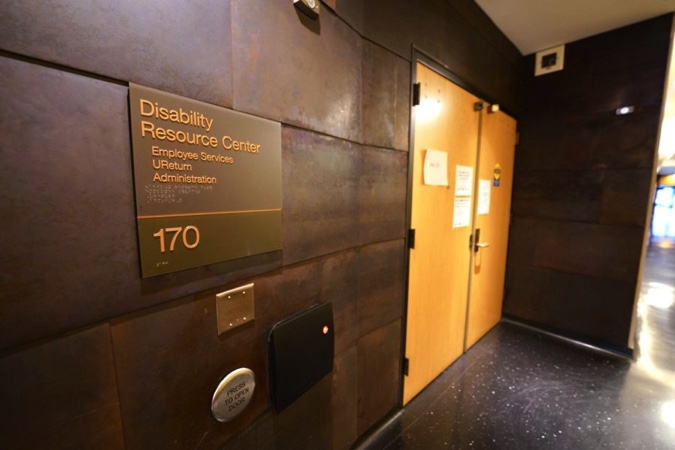
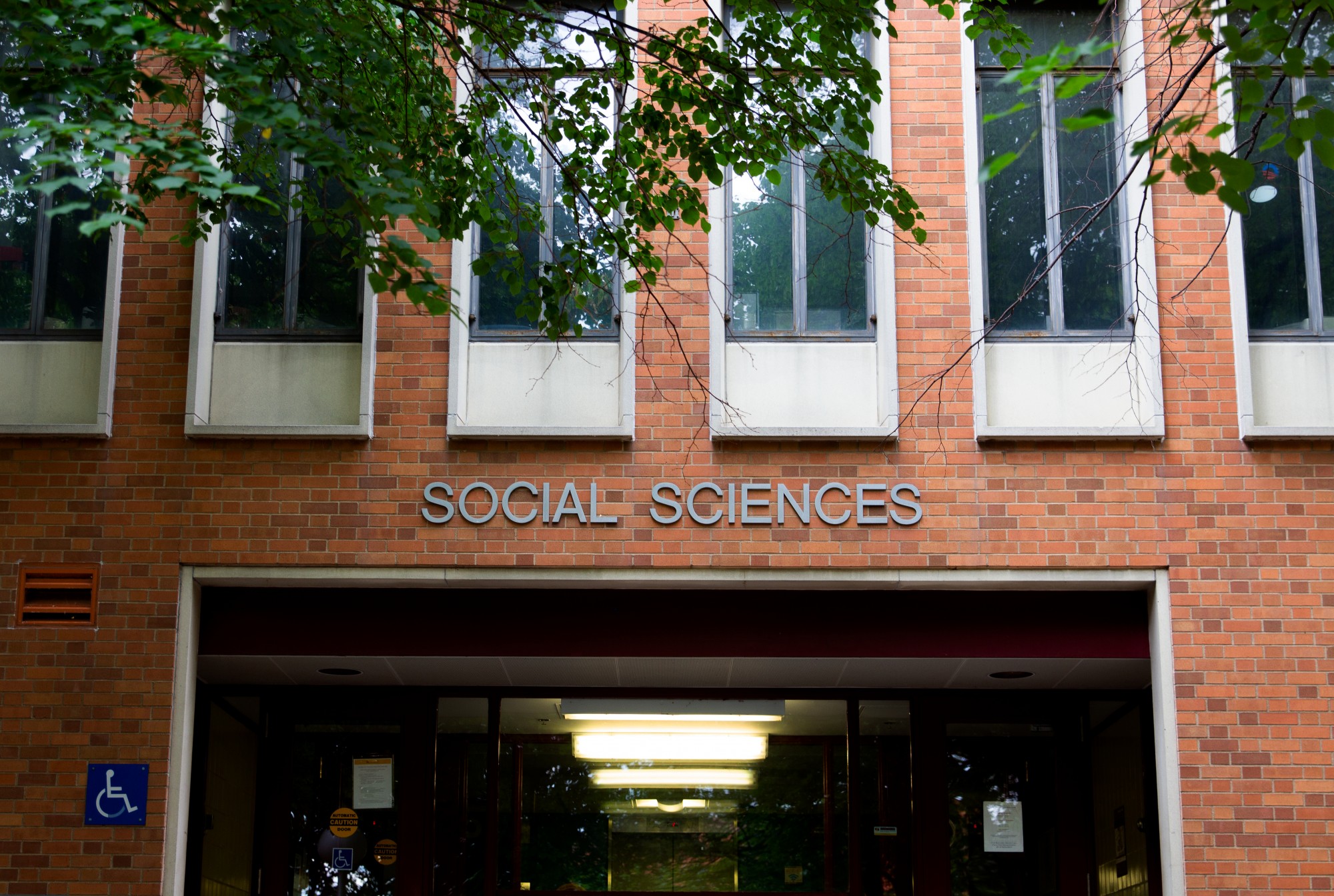
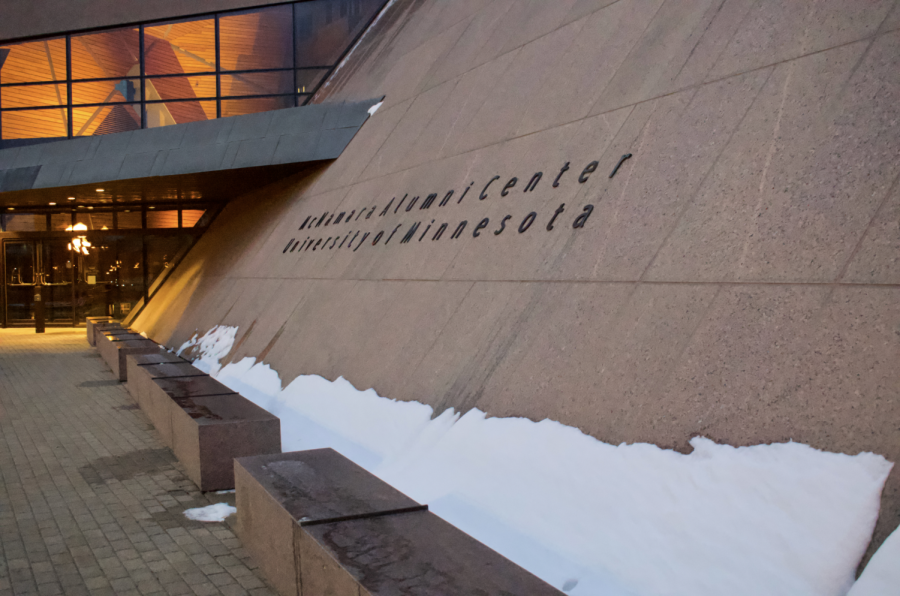
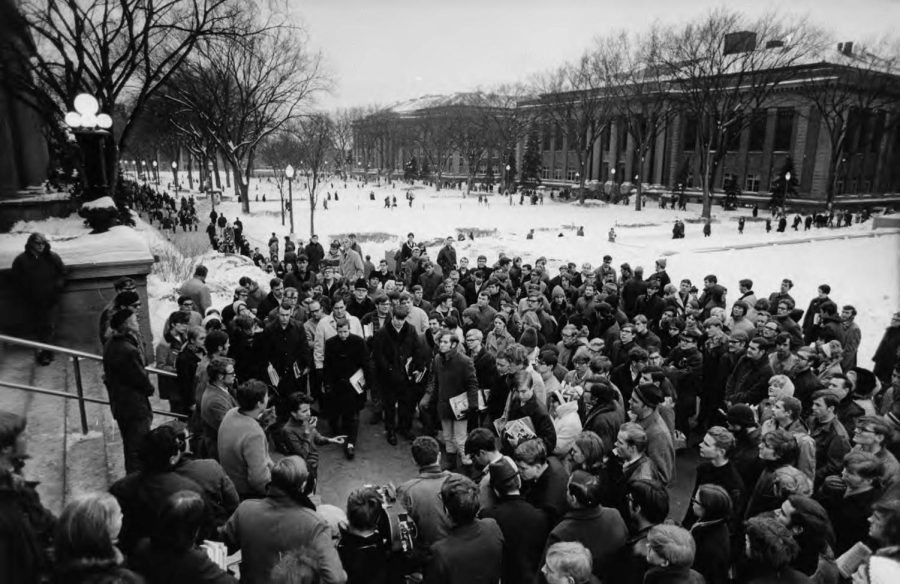
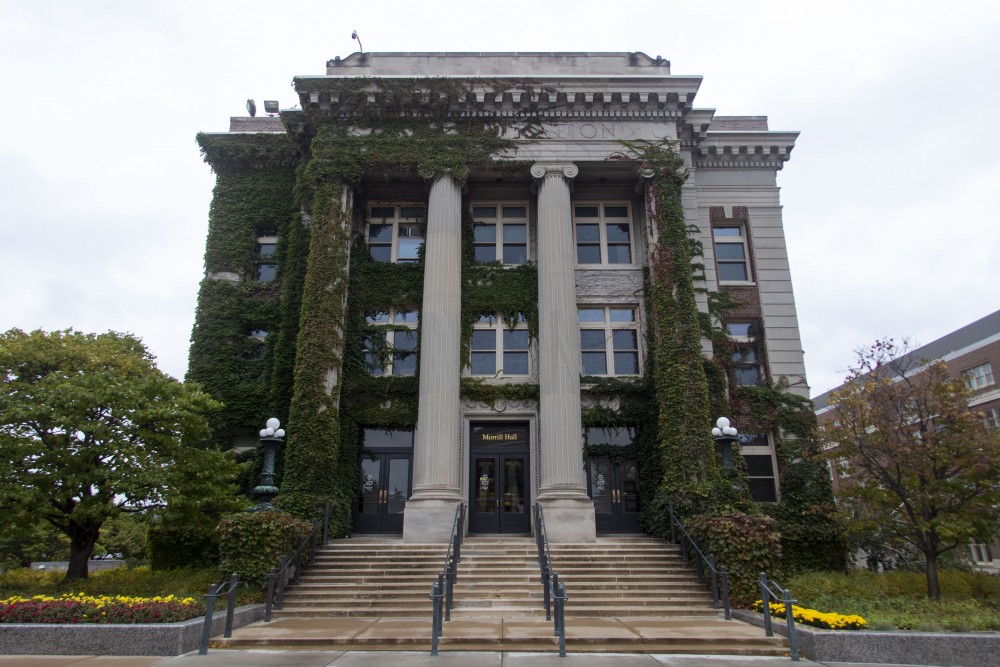
T.j. Thomas
Apr 1, 2021 at 5:05 pm
Got to say having read the last comment, I’m trying to figure out exactly what “entitled demands” are being made by a student of the school with his ID requesting an item that he has every right to request by virtue of being a student.
A Gopher
Mar 25, 2021 at 2:16 pm
It was wrong for the Carlson employee to wrongly assume Musab was not a student employee and make an obscene gesture. It is also wrong to immediately play the race card when it’s more likely that Musab’s aggressive behavior and entitled demands had more to do with inflaming the incident. Only those with racist hearts will see racism in every interaction. The top 100 most racist things that have ever been said to me are all from black people. So, while the employee did not perform his job adequately the only racist I see is Musab and his brother for assuming that any nonpositive interaction with a white person is evidence of racism towards them.
Emilie Quast
Mar 25, 2021 at 2:06 pm
No one commented on this story? Really?